The ‘chair of chairs’.
Michael Thonet’s discovery in the 1830s that wood could be bent into shape under steam revolutionised the manufacturing of furniture.
For the first time, lightweight, functional furniture could be quickly produced with assembled components.
Thonet chairs are as relevant today as in the 1830s and have become a contemporary interior design favourite worldwide.
About Thonet
Michael Thonet (2 July 1796 – 3 March 1871) was a German-Austrian cabinet maker, known for the invention of bentwood furniture. Often mispronounced “Tho-nay” the name is pronounced “toe-net” with a hard beginning and ending t.
In the 1830s, Thonet began trying to make furniture out of glued and bent wooden slats. Thonet’s essential breakthrough was his success in having light, strong wood bent into curved, graceful shapes by forming the wood in hot steam. This enabled him to design entirely novel, elegant, lightweight, durable and comfortable furniture, which appealed strongly to fashion – a complete departure from the heavy, carved designs of the past – and whose aesthetic and functional appeal remains to this day.

Thonet developed a process to bend wood pieces
The Konsumstuhl Nr. 14 (consumer chair no.14) was designed in 1859 for the cafes of Vienna. It is still in production today as No. 14 and has been referred to as the “chair of chairs” with some 50 million produced. The innovative bending technique allowed for the industrial production of a chair for the first time ever. What was revolutionary about the No.14, was the fact that it could be disassembled into a few components and thus produced in work sharing processes.
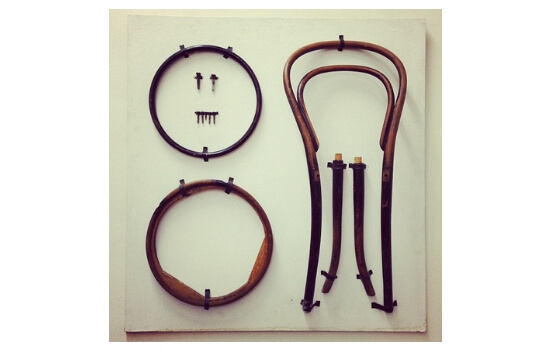
Thonet chairs could be shipped in parts and then assembled
Thonet formulated the idea for what we know today as ‘flat pack’ furniture. The chair could be exported to all nations of the world in simple, space saving packages: 36 disassembled chairs could fit into a one cubic meter box. It yielded a gold medal for Thonet’s enterprise at the 1867 Paris World’s Fair.

36 disassembeled chairs could fit in a 1 cubic metre box
In the late 1800s Thonet expanded to 7 factories in Eastern Europe and Germany. In 1911, the Thonet catalogue boasted 980 different models! Production peaked in 1912 when 2 million pieces of furniture were sold globally. After the world wars the German factory site in Frankenburg was the only one remaining and still stands as Thonet Germany’s head office today.
Thonet 1930s until today
Tubular steel furniture is the second constant in Thonet’s product line. In the 1930s, the company was the world’s largest producer of this innovative furniture, which was designed by a number of famous architects including Mart Stam, Ludwig Mies van der Rohe and Marcel Breuer.
Today, the early tubular steel furniture designs are considered milestones in design history. Their clear, open and simple forms were an expression of a new attitude in every-day culture and architecture, which became famous under the catchphrase “New Objectivity”. Currently, numerous successful classic models are still in the product line, among them the first cantilever chair S 33 for which Mart Stam was awarded the artistic copyright for its form and basic principle, as well as models S 32 and S 64 by Marcel Breuer.

S33 Cantilever chair by Mart Stam

Tubular desk designed by Marcel Breuer
In 1976 the company was divided into separate Austrian and German entities which each today manufacture some of the original models and are clearly influenced in contemporary designs by their traditions and history.
Gebrüder Thonet Vienna or GTV (http://www.gebruederthonetvienna.com) manufactures the original models as well as an array of contemporary designs in collaboration with new designers. GTV is distributed in Australia through Space Furniture.
Thonet Germany (http://www.thonet.de) produces a range that is closely aligned with the original designs. An adjusted numbering system is used, for example the No 18 is manufactured in Frankenburg as the No 218. Thonet GmbH is distributed in Australia through Anibou.
Thonet Australia (http://www.thonet.com.au) launched in Melbourne in 1979 and distributes the Thonet chair and stool design classics. More than 30 years on, the design establishment still turn to Thonet for contemporary and classic European product at affordable prices. Thonet furniture graces the interiors of the best homes, restaurants, cafes and commercial buildings throughout Australia.

Targa Modular Sofa by Gebrüder Thonet Vienna
In 1859 Thonet revolutionised furniture production and has been bringing well designed, durable and affordable furniture to a broad audience ever since.
Cover image and content sources:
Thonet Germany, Thonet Australia and Gebrueder Thonet Vienna

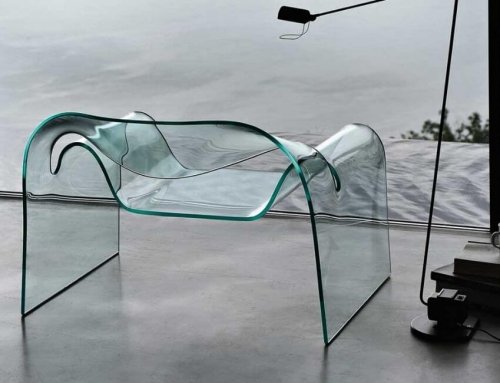
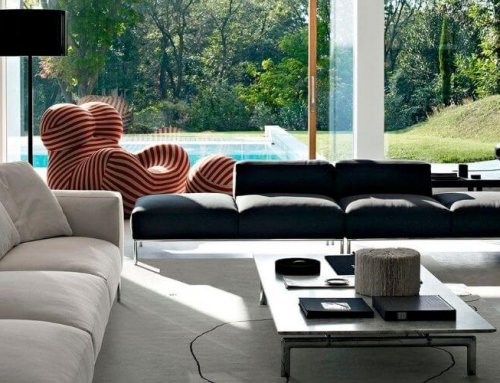
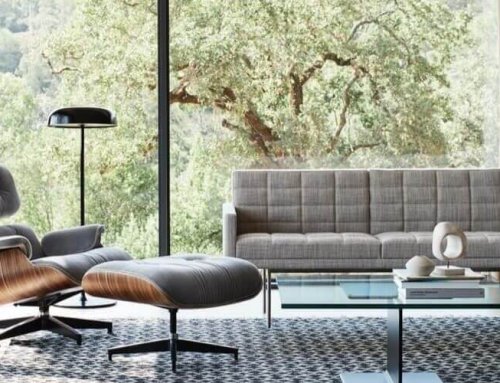

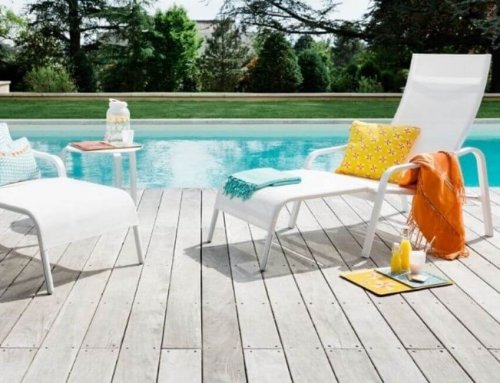
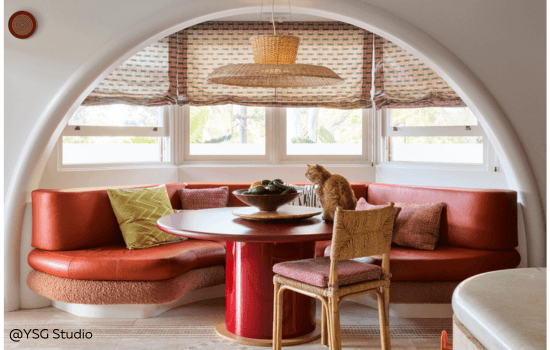
Leave A Comment